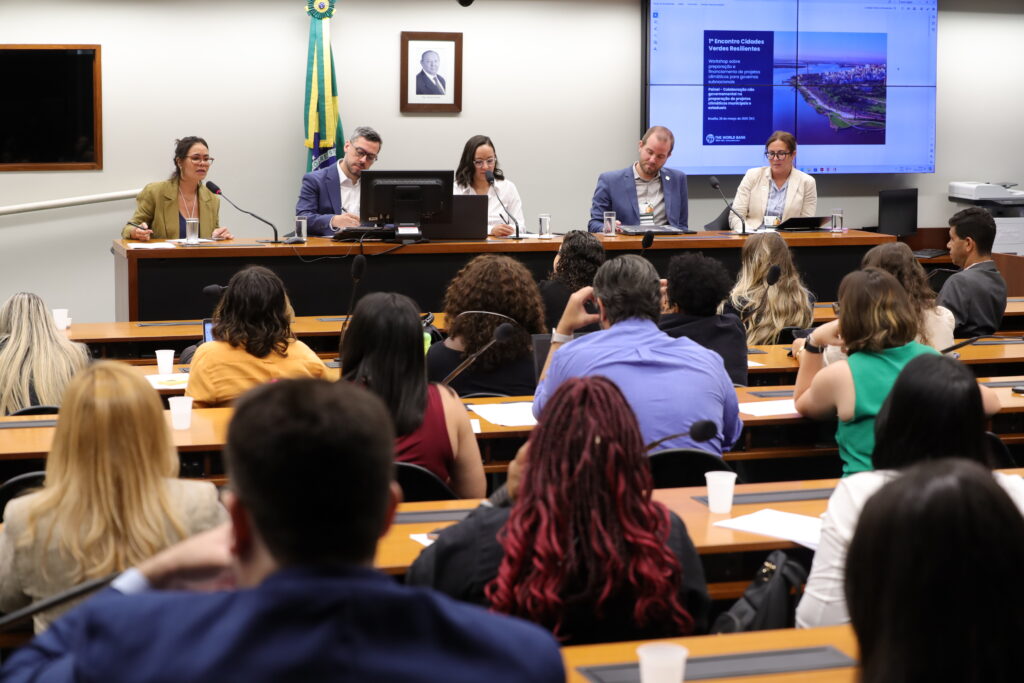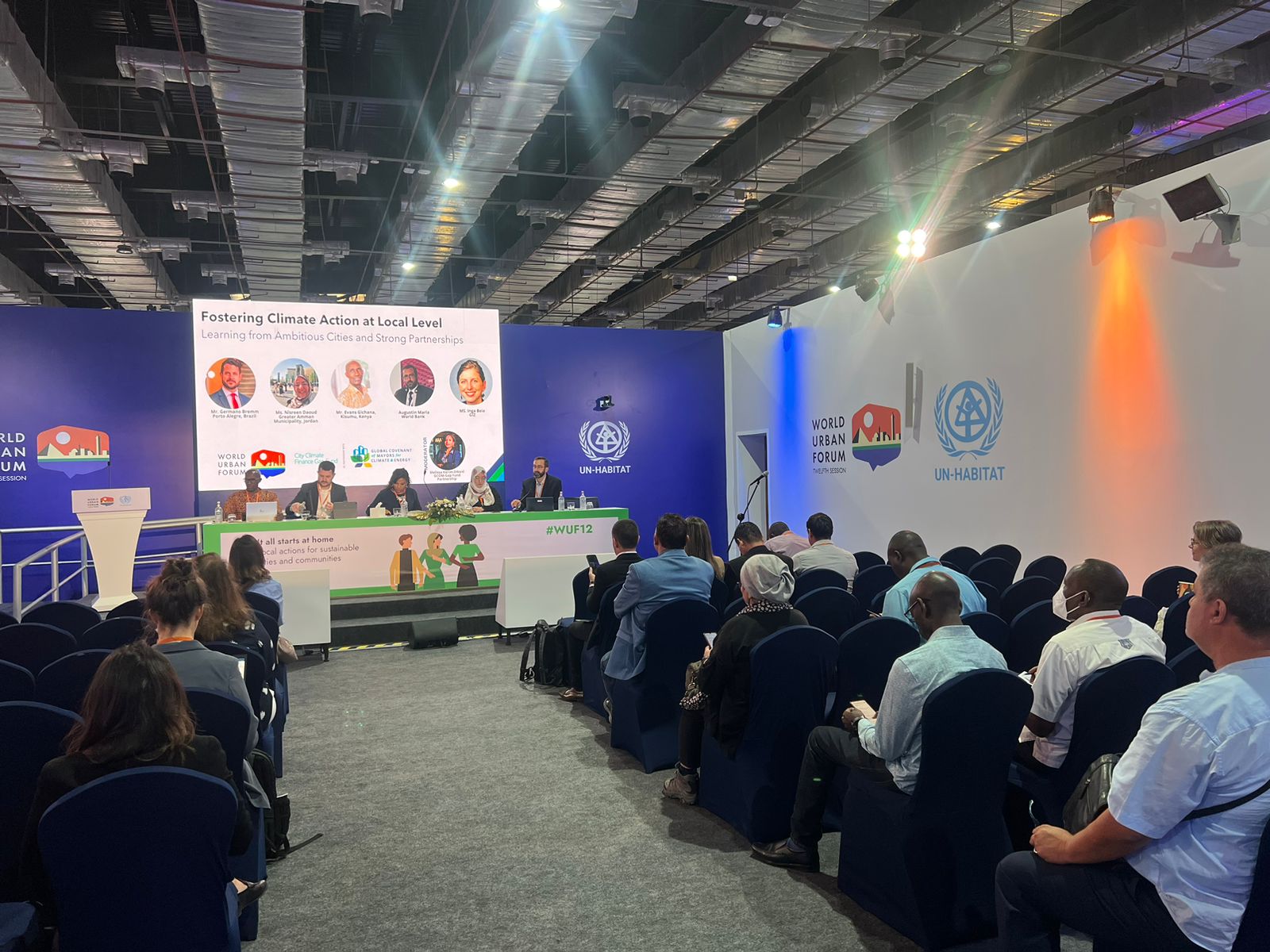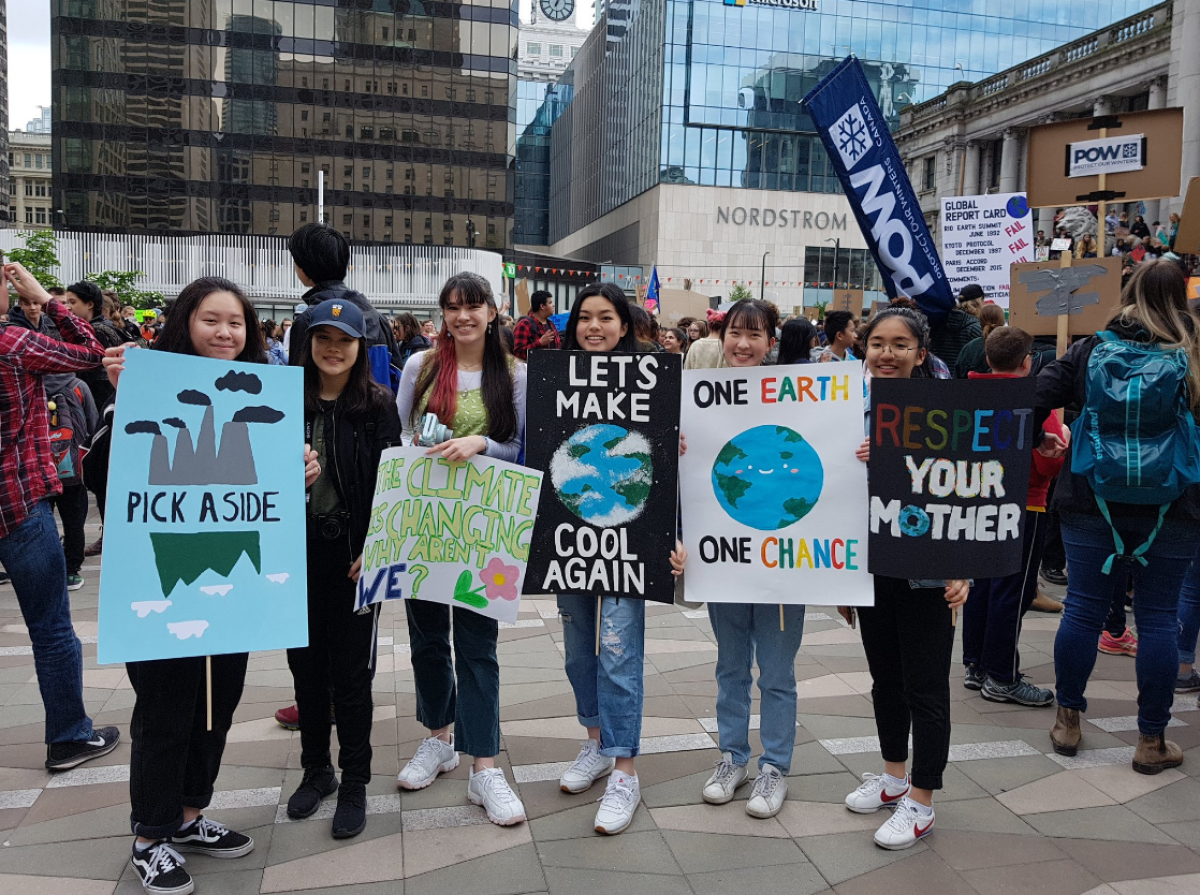Resilient Green Cities Summit in Brasília Showcases Climate Finance Opportunities for Brazilian Subnational Governments

The first “Resilient Green Cities Meeting” (1º Encontro de Cidades Verdes Resilientes) took place in Brasília on March 27–28, 2025, bringing together key stakeholders from across Brazil to advance climate action at the subnational level. Organized by the Ministry of Environment and the Ministry of Cities of Brazil in partnership with C40 and Global Covenant of Mayors for Climate and Energy (GCoM), this event marked the first milestone in the implementation of the Resilient Green Cities Program (PCVR) envisioned as the operational arm of the Brazilian government to drive climate action across the country’s municipalities and states.
Driven by the Climate Federalism initiative in the lead-up to COP30 later in 2025, this program is poised to be a strategic platform for municipalities and states to strengthen their capacity to develop climate strategies linked to opportunities to finance and implement projects.
Collaborative Approaches to Climate Project Preparation
The GCoM-Gap Fund Partnership team co-led two sessions focused on strengthening the structuring of early-stage climate projects. The first session, co-organized with CDP Latin America, gathered municipal and state representatives during the workshop titled “Preparation and Financing of Climate Projects for Subnational Governments: How to Make High-Impact Projects Viable?”, featuring a panel of experts from leading organizations working on urban climate finance.
Speakers from WRI/Rede Fisc, ICLEI, the World Bank, and the GCoM-Gap Fund Partnership shared initiatives highlighting collaborative approaches to overcome barriers in accessing climate finance. Particularly noteworthy was the announcement on the World Bank’s support for Brazil’s Green Resilient Cities Program (PCVR) through the Gap Fund.
On this matter, Emanuela Monteiro, Senior Urban Development Specialist of the World Bank, said “The World Bank recognizes the strategic importance of the PCVR in identifying, accelerating, and implementing impactful actions to promote green and resilient cities. With resources provided by the City Climate Finance Gap Fund, the World Bank is prepared to assist the Federal Government with strategic technical assistance activities. We trust PCVR will evolve into a one-stop-shop, capable of receiving, filtering, qualifying, and linking existing and potential municipal demands with the supply ecosystem”.
The session concluded with a practical activity where participants applied a project development checklist to assess their own project maturity and explore strategies for project aggregation and multi-level collaboration.
Strengthening State Government Capacity for Climate Action
The following session was led by the GCoM-Gap Fund Partnership in collaboration with the Brazil Climate Centre (CBC) and the Green Brazil Consortium. Part of a wider agreement recently signed, this tailored workshop brought together secretaries from Green Brazil Consortium member states and representatives from government departments responsible for urban climate projects.
This session was the 3rd Workshop on structuring and financing climate projects, part of the ongoing collaboration framework. On this occasion, participants engaged in hands-on group work to structure climate projects using Gap Fund review and preparation tools, with special attention to project aggregation and multi-level governance mechanisms.
In the welcoming remarks, Robson Monteiro, Executive Secretary of the Green Brazil Consortium, pointed out that “the scale of the challenge we face in the climate agenda is certainly much greater than the resources we currently have in hand. Accessing the various sources of national and international financing is a challenge that unites us and we believe that with this type of Workshop we are headed to that goal. Every long journey begins with the first steps”.
For Brazilian state governments, this collaboration is particularly timely. This cooperative approach aligns with international efforts such as the Coalition for High Ambition Multi-level Partnerships (CHAMP), promoting active participation of subnational governments in implementing the Paris Agreement. As part of this commitment, the organizations are working on a joint roadmap of activities leading up to COP30, helping to amplify the visibility and impact of climate action in Brazil’s diverse regions.
These efforts were also highlighted by Diogo Hack, Technical advisor to the Secretariat for the Environment and Infrastructure of the Rio Grande do Sul State, who remarked that “states play a very important role in multi-level action, for example, in the matter of integrating and scaling projects. A project in a city like Porto Alegre can sustain itself, but for smaller cities, the State needs to be involved in this integration”.
Both workshops in Brasília represented significant steps in empowering Brazil’s subnational governments to develop bankable, high-impact climate projects to move forward on ambitious climate actions in the lead up to COP30 and beyond.

Resilient Green Cities Summit in Brasília Showcases Climate Finance Opportunities for Brazilian Subnational GovernmentsApril 28, 2025
